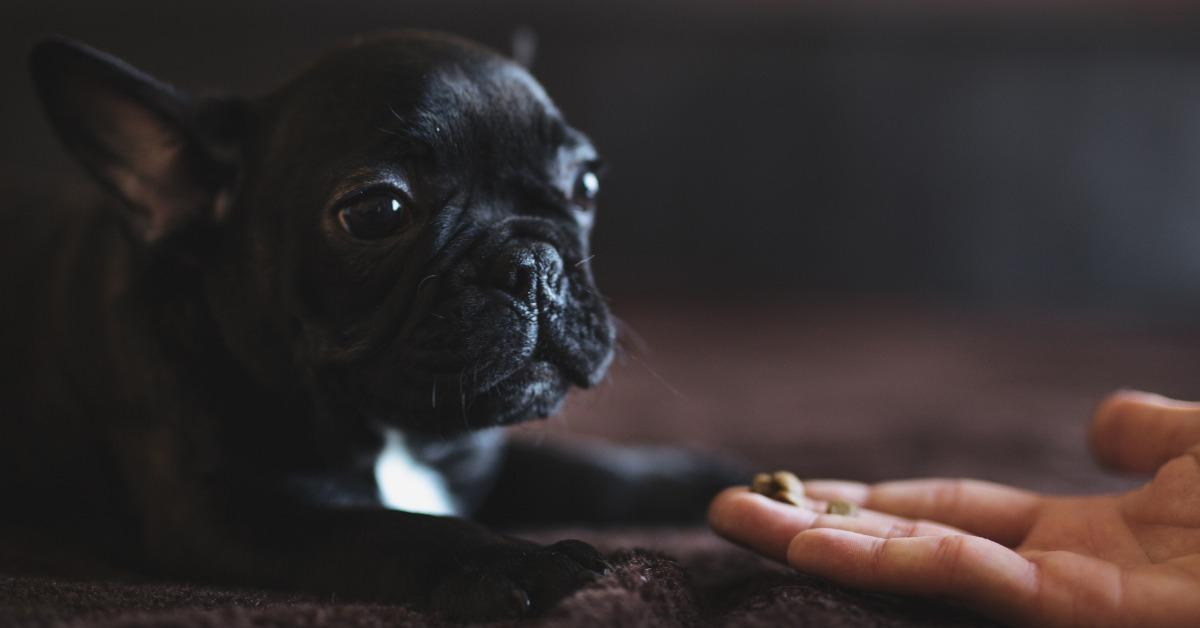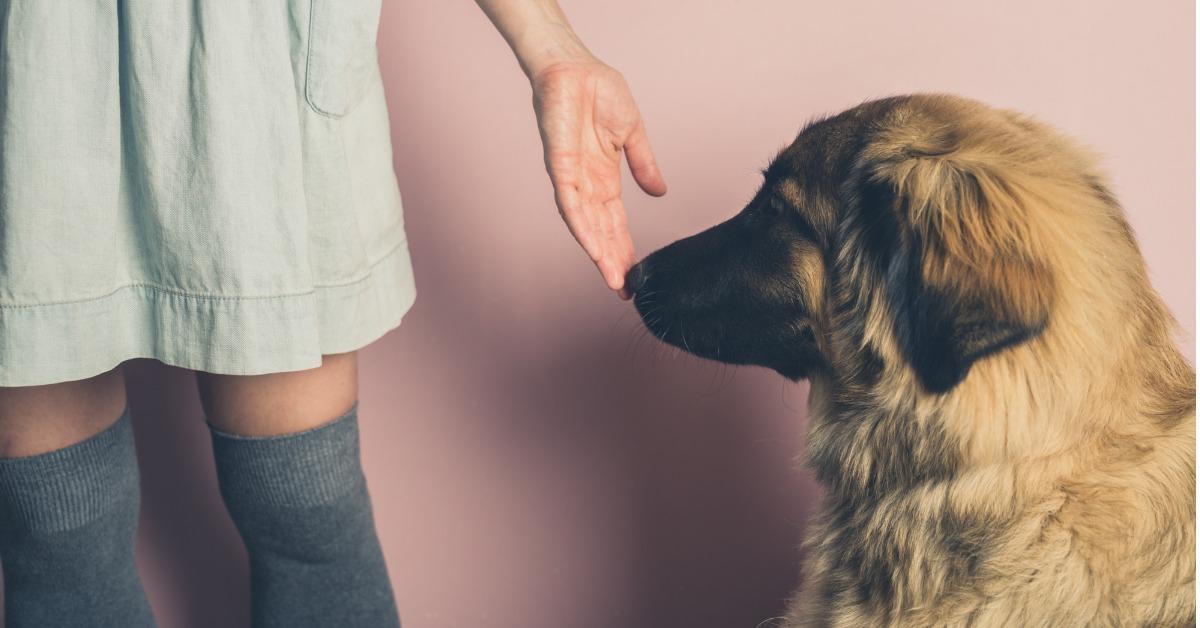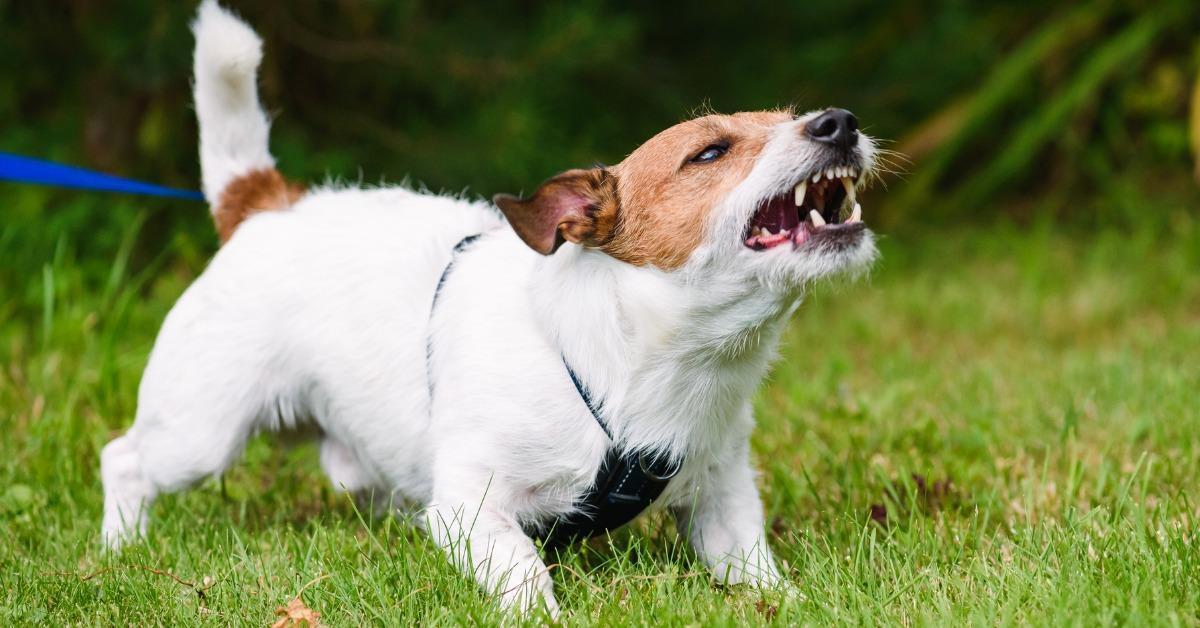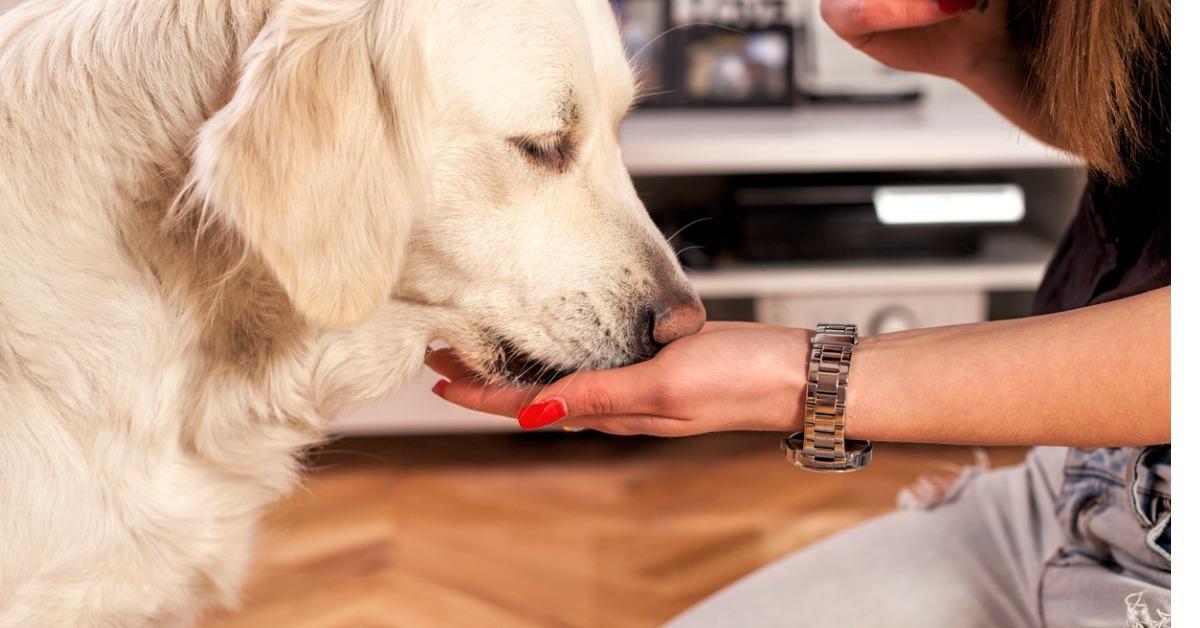
Science has proven that dogs can 'smell' a bad person
By Mustafa GatollariAug. 23 2024, Updated 5:40 p.m. ET
New research indicates that dogs might be able to ascertain whether or not someone is "bad."
It's a trope that's been repeated in tons of movies: animals having a "sixth sense" about a person. Whether it's a body-snatching sci-fi flick, a dog being able to point out a demon in disguise, or knowing who the real killer is, there's a long-held belief that animals, especially puppers, can "sniff out" a bad person.
Akiko Takoaka of Kyoto University in Japan concluded from the results of his three-part experiment that dogs are truly able to determine whether someone is trustworthy.
They picked a testing method and had the dog participate in a series of trials designed to see how it would react to a person who lied to them.
The scientists involved with the study believe that their research helps to show greater insight into the behavioral patterns of dogs. It also lets us know that dogs favor outcomes that are "certain," according to John Bradshaw at the University of Bristol.
As for the experiment, it went down like this: dog owners were instructed to point to a container of food.

The dog would then run to the container, which did have food in it. Then they were presented with a container that had zero food in it. The dog owners would point to the empty container and the dog would run to that container and become disappointed that there wasn't any food in said container.
The inconsistency of the gestures and results caused the dogs in the experiment to be visibly stressed and anxious.
In fact, on the third go-around, all 34 dogs in the experiment ignored the hand gesture after being fooled during the empty bowl experiment. The dogs refused to trust any person who lied to them, knowing that they were inconsistent or had a lying track record.
So based on previous experience, dogs knew whether or not someone was a liar.

Akiko plans to conduct a similar experiment with wolves, since they are direct ancestors to our domesticated, furry friends. He hopes to ascertain whether this is learned behavior from dogs' interactions with human beings, or if it's an innate trait canines posses.
Another interesting finding in the research indicates the way people treat a dog's owner reflects how the animal interact with them. For example, if someone is mean to a dog's owner or displays aggressive behavior, dogs won't accept a treat from the mean individual.
The study had dog owners ask people for help. Those who assisted their owners tried feeding the dog treats and the puppers ate it happily.

Those who did nothing or were indifferent to their owners also got their treats gobbled up. But those who were rude to the owners were denied — the dogs' affections couldn't be bought with a cheap-o doggie snack.
In yet another study, dogs displayed an aptitude for understanding different social rules. Using the same "help test," dogs ultimately avoided and ignored people who were rude when their owners asked for help and assistance. Basically, dogs aren't willing to ride with someone who won't willing to ride with their best friends.

So if you hang around a group of friends and your dog just doesn't like one of them for some reason, it could be that they've displayed some untrustworthy characteristics at some point in time.
Editor's Note: The article was originally published in July 2020.
